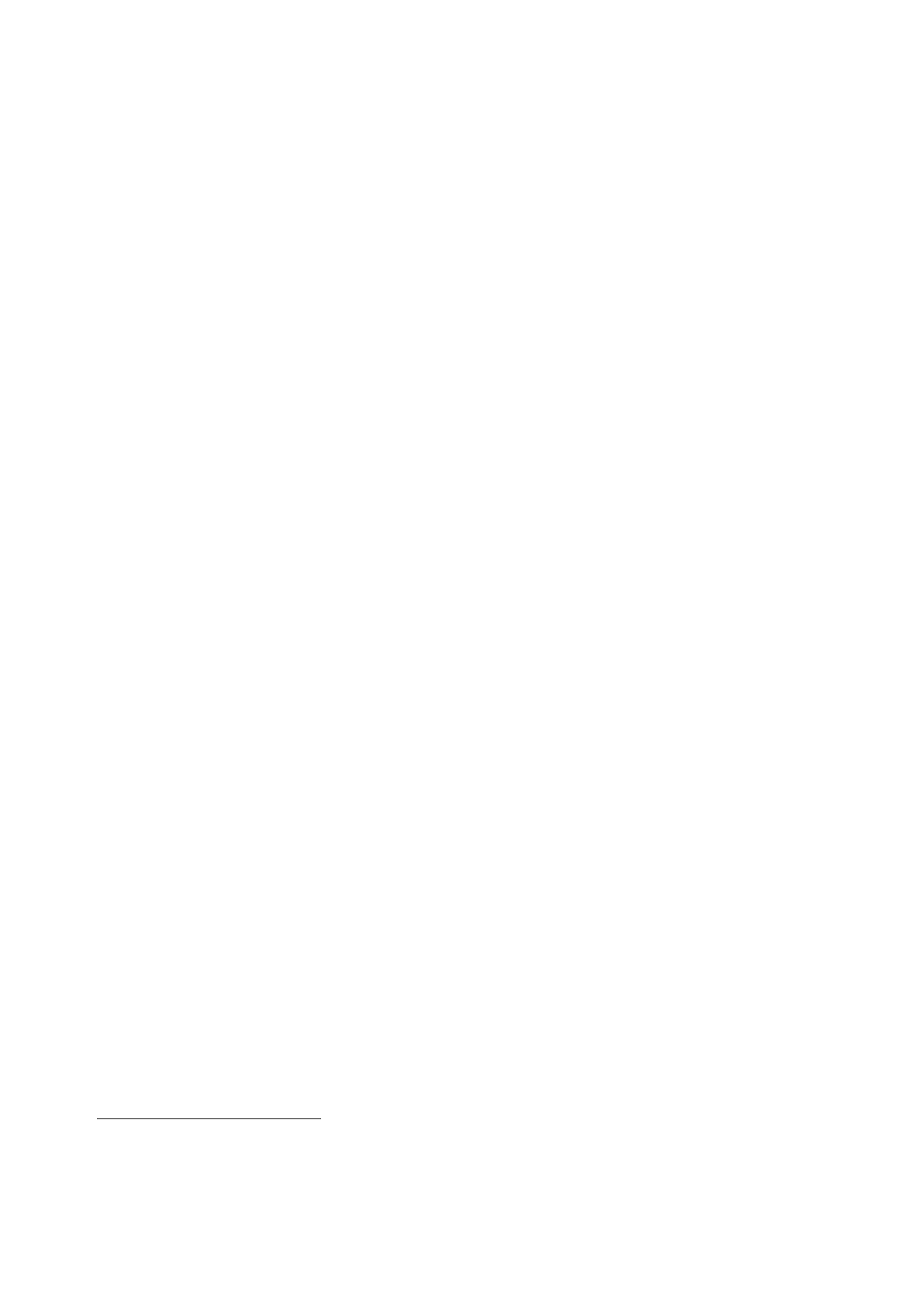
3.1 |
Development of UK strategy and options, 9/11 to early January
2002
226.
In comments
during an interview on CBS
on 2 December,
Secretary Powell stated
explicitly
that President Bush had not taken any decisions on what the next
phase of
the
campaign against terrorism would be.117
Moreover,
none of the President’s advisers,
either
individually or collectively, had yet made “recommendations … as to
what we
should do
in the next phase” of the war on terror.
227.
Secretary
Powell stated that the US was “watching Iraq” because it had
“always
developed
weapons of mass destruction that are a concern to us”. Saddam
Hussein had
not been
“as successful as he would have liked to have been” because
sanctions and
containment
had been “effective”.
228.
Asked why the
US did not just take Saddam Hussein out, Secretary Powell
replied
that
President Bush would “make a judgement in due course” about how to
“deal with
the threat
that continues to reside in Iraq”. The way to keep the
international community
focused on
the problem was to let the inspectors in. The US had not set a new
deadline
for
compliance and President Bush retained all his options. If Saddam
Hussein admitted
inspectors
he would be “complying with what he agreed to as his obligation
under
UN resolutions”.
229.
Secretary
Powell added:
“The United
States still continues to believe as a separate matter that it
would be
better to
have a different regime in Iraq and as you know, we have supported
the
efforts of
opposition groups to begin organizing themselves for a change of
regime
in due
course …
“Regime
change would be in the best interest of the Iraqi people. It is a
goal of the
United
States. But the United Nations’ goal is the inspectors and getting
rid of those
weapons of
mass destruction.”
230.
In a separate
interview on CNN,
Secretary Powell stated that there was “no reason
to believe”
that Iraq had not continued its pursuit of weapons of mass
destruction or
that it had
“abandoned their intent and desire to obtain such
systems”.118
He
observed
that there
were different kinds of weapons of mass destruction. The one which
was of
“the
greatest concern” to him was “what might be happening with respect
to biological
weapons
because it is much harder to detect that kind of
activity”.
231.
Secretary
Powell emphasised that President Bush had “not given away any of
his
authority
to act in a way he believes is appropriate”. The US had a policy,
separate from
UN policy,
that “regime change would be good for the Iraqi people, good for
the region”.
The US was
“trying to find ways to make the Iraqi opposition more effective in
this regard”.
117
US State
Department, 2 December 2001, Interview
on CBS’ Face the Nation – Secretary Colin
L. Powell.
118
US State
Department, 2 December 2001, Interview
on CNN’s Late Edition – Secretary Colin L. Powell.
351
